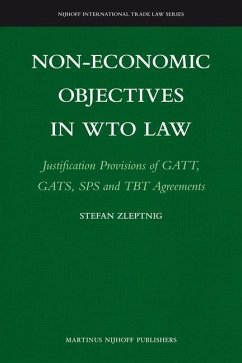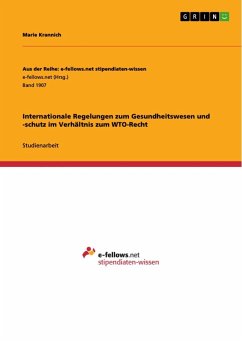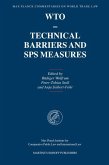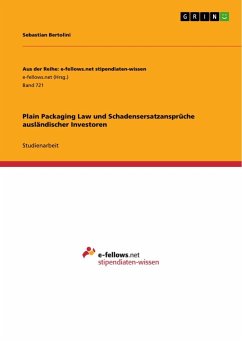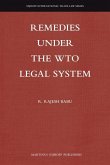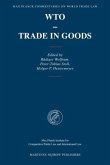This volume examines the complex relationship between economic and non-economic objectives in WTO law. It discusses how non-economic objectives (such as the protection of public morals, life and health, environment, or human rights) can serve as justification for trade-restrictive measures normally prohibited under WTO law. The relevant non-economic grounds of justification are analysed, as well as the substantive and procedural requirements which restrain the use of trade-restrictive measures taken for non-economic purposes. The issues covered by this book also have wider systemic implications for the WTO. Only if the WTO can demonstrate that it is not just concerned about free trade, but respects non-economic objectives as well, is it likely to remain a sustainable and legitimate form of governance.

